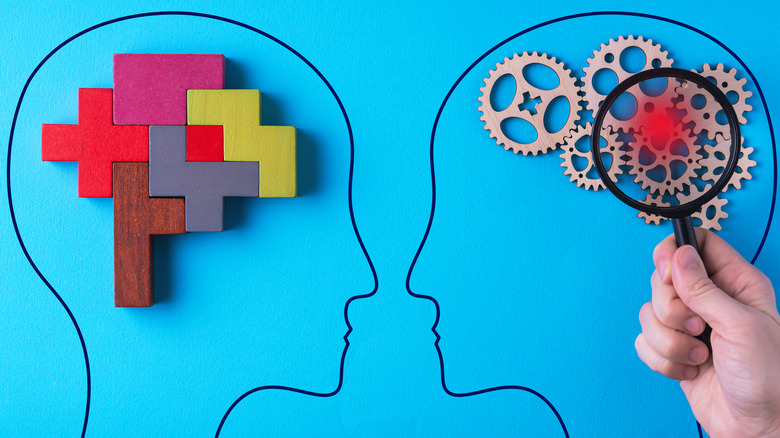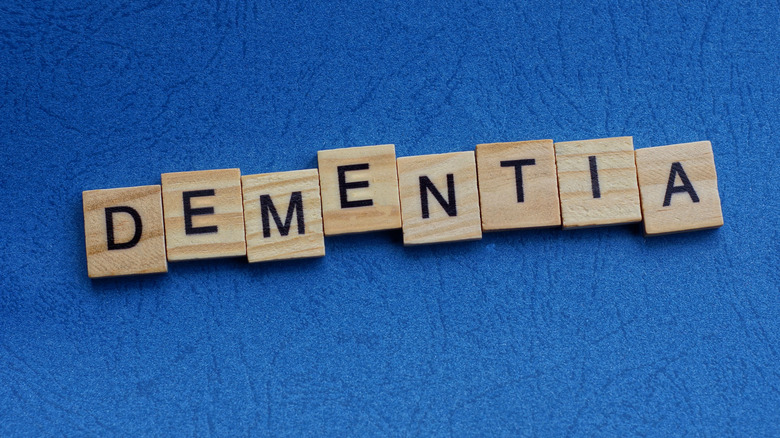What's The Difference Between Aphasia And Dementia?
Aphasia and dementia are two conditions that are caused by damage to the brain, but they are not the same. Aphasia is usually caused by damage to areas of the brain that are associated with language. The National Institutes of Health (NIH) explains that the disorder diminishes the ability to express language, including speaking, reading, and writing.
Aphasia generally occurs quickly after a head injury or stroke, but in some cases, it can evolve slowly over time due to some progressive neurological conditions. Aphasia can be categorized as fluent and nonfluent, and there are several types of each. Communication is hindered in most cases, and in some instances, people may have difficulty understanding words and identifying objects.
Treatment for aphasia includes speech-language therapy, which helps patients recover the ability to communicate. The NIH notes that many communication skills can improve, depending on where the brain was injured.
Dementia involves greater cognitive decline
Unlike aphasia, dementia is not a single disease but rather a term used to describe many forms of cognitive decline that may include difficulty communicating. People suffering from dementia will also experience other symptoms, such as memory loss, slower thinking, trouble with social skills, confusion, and difficulty reasoning, per the Mayo Clinic. Alzheimer's disease is just one form of dementia, and it is the most common form of the disorder. Nerve damage in dementia is caused by plaque in the brain, while others forms are caused by damaged blood vessels or a buildup of certain proteins.
Some medications can help treat certain types of dementia, while others can help slow cognitive decline, but in many cases, the results are small and cannot stop the progression of the disease. Many drugs work to improve mood and behavior to improve the patient's quality of life, per Stanford Health Care.


